How Professionals Are Getting CPL in India and Converting It for Foreign Flying Jobs?
The aviation industry, not just in India but worldwide, attracts high incomes and a luxurious lifestyle. Youths and professionals in India today are p
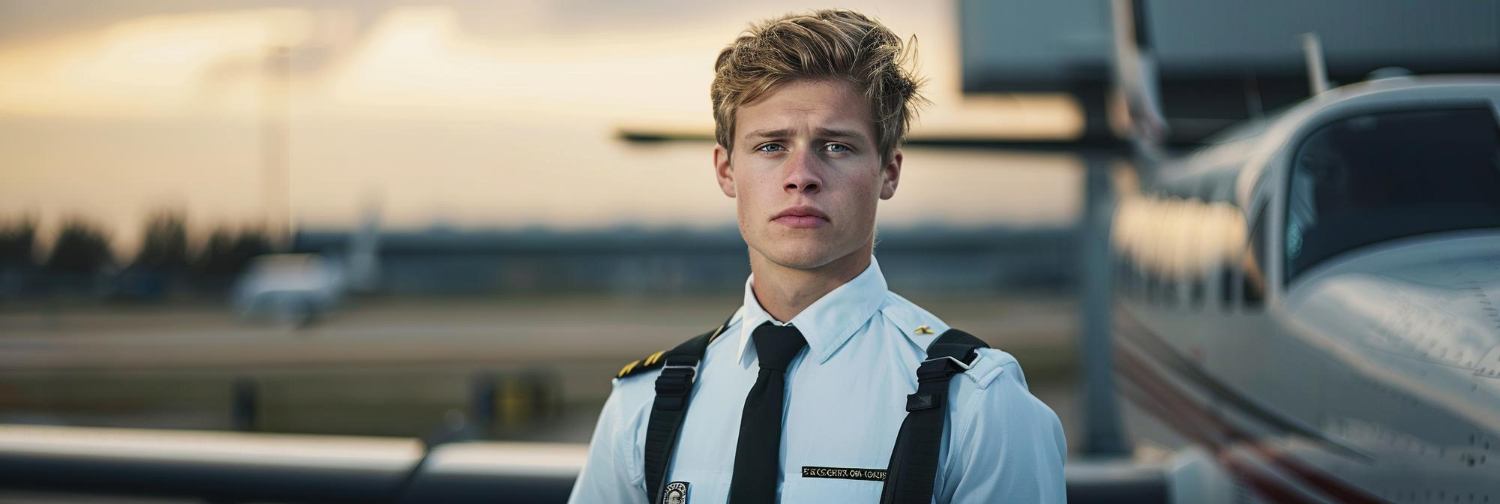
Pilot alertness and physical and mental state are paramount in aviation. Pilots undergo wide-ranging training and medical tests, but unexpected events can still take place during flight. One of the most problematic situations occurs when a pilot suddenly becomes incapacitated; they are incapable of performing their duties. But airlines, regulators and trained personnel deal with such emergencies. This blog will shed light on the details of pilot incapacitation, such as causes, management and effects on the Indian aviation sector.
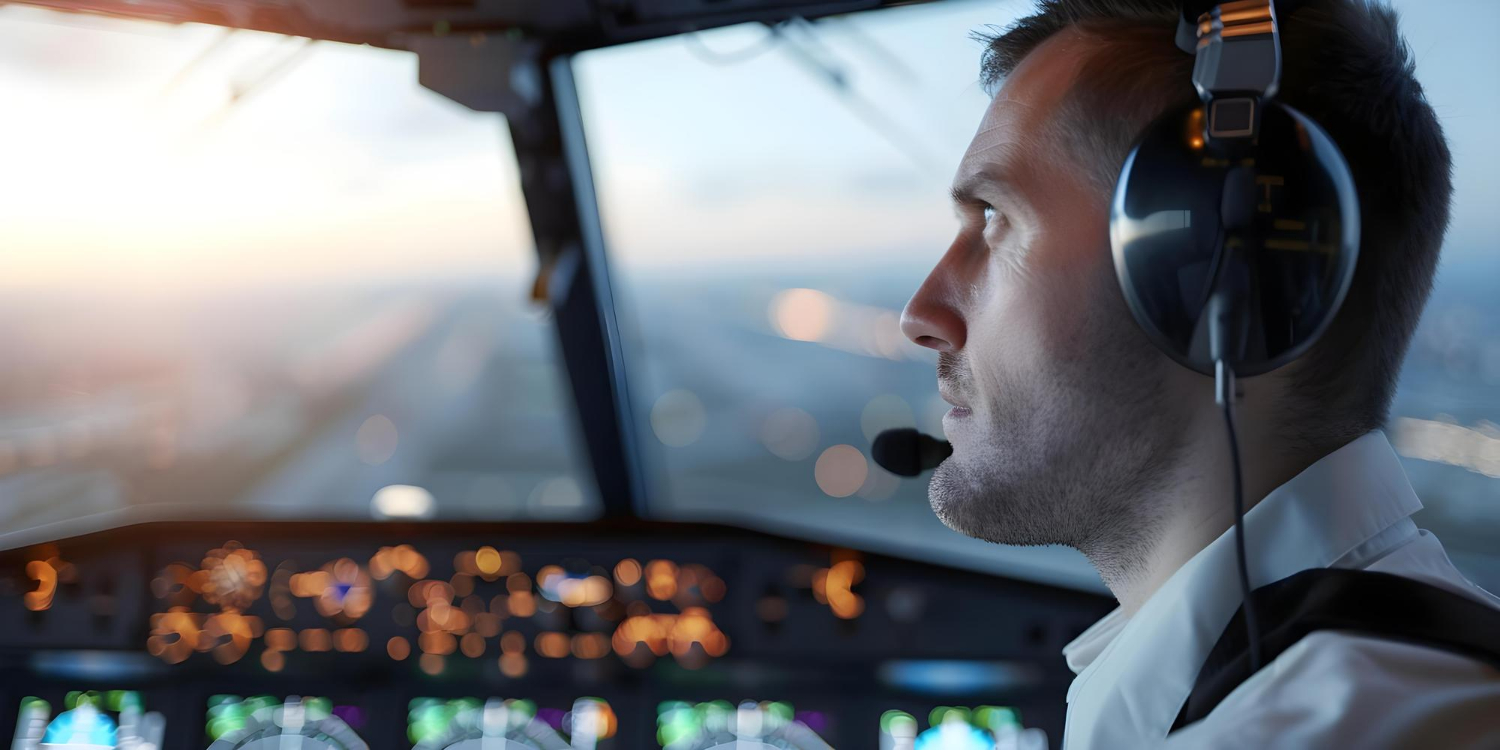
Pilot incapacitation is when a pilot becomes physically or mentally unfit to conduct flight operations. Various reasons, such as heart attack, stroke, neurological disorder, gastrointestinal infection, respiratory problem, lack of oxygen or extreme exhaustion.
A habit of self-medicating can also affect the pilot’s consciousness or decision-making ability in the air. Fatigue is also a significant cause, particularly due to long hours of duty and inadequate rest. Mental stress, lack of sleep and chronic health conditions can also be responsible for incapacitation.

The Indian Civil Aviation Industry has expanded rapidly, which has also pressurized the pilots more than before. Conditions, for example, minimum rest between flights, long duty periods and frequent schedule changes, can lead to fatigue. This affects the pilot’s health not only physically but also mentally.
In the recent past, there have been some cases in India where pilots have fainted or died during duty or just before. These incidents have forced aviation companies and the DGCA to rethink fatigue management and pilot health. Some reports have also highlighted the need to enhance the quality of training and support for the remaining pilots.

Modern commercial aircraft have two pilots, one captain and a co-pilot. If the health of one deteriorates during the flight, the other assumes full command. Commercial pilots undergo special training for this purpose and there are clear mandates that are to be followed about SOP (Standard Operating Procedures) on how to proceed in such situations.
If the pilot in command is not suitable to continue flying the aircraft, the co-pilot follows the emergency procedure, which includes putting on an oxygen mask, controlling the aircraft and planning a landing at the nearest airport. ATC is informed in this situation and help is sought after.
During this, the cabin crew also plays an important role. They are in constant contact with the cockpit and if there is no response from the pilot, they have to enter the cockpit and assess the situation. If a doctor is on the flight, they are called, and first aid is provided.
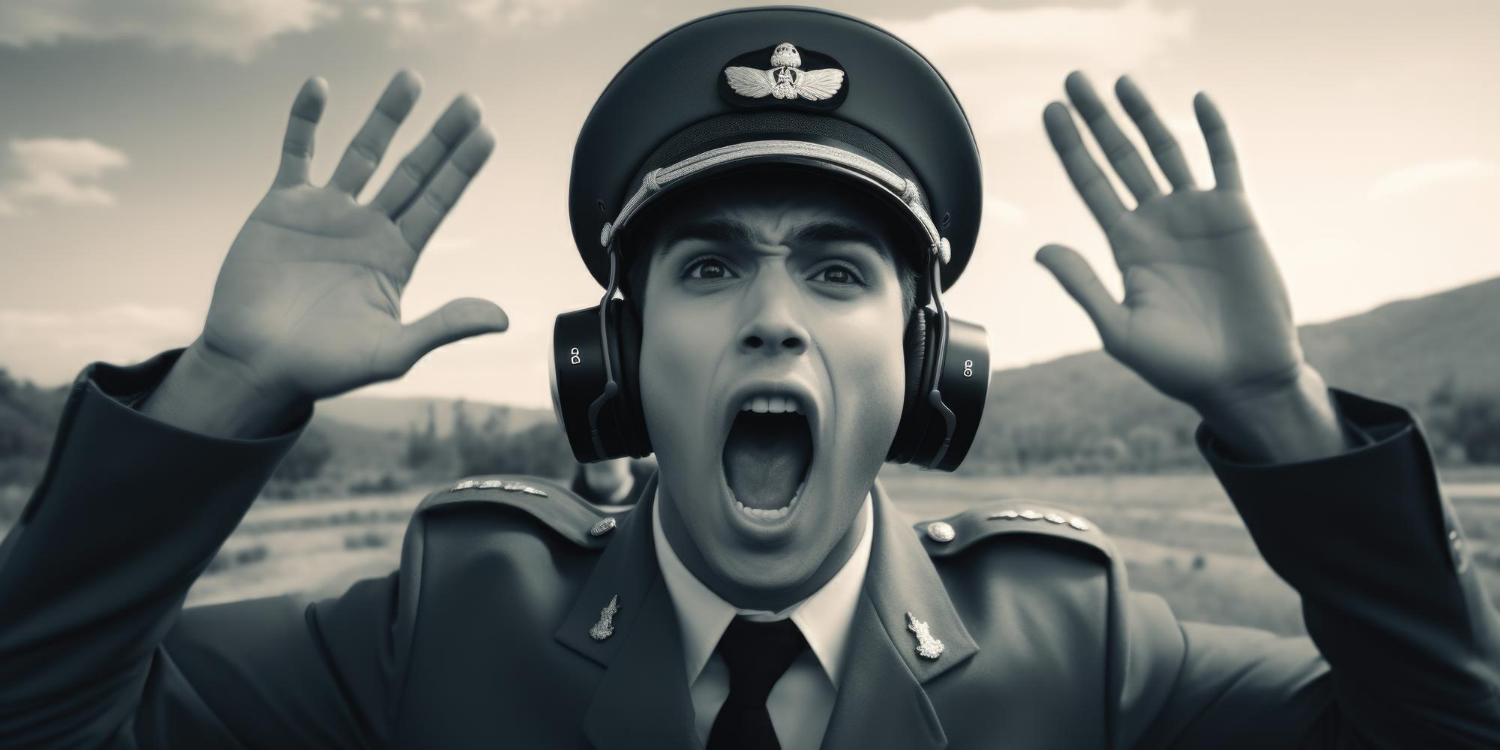
Sometimes the incapacitation develops gradually. They remain silent, react incorrectly to the controls, or make unnecessary decisions. The second pilot or the cabin crew can notice these symptoms. In some situations, the pilot suddenly faints. In such a situation, assisting them and maintaining control in the cockpit can be challenging.
The co-pilot is trained on how to operate the aircraft alone safely. Most modern aircraft have autopilot systems, which prove helpful in such situations. The cabin crew assists the pilot in transferring the unconscious pilot to a different location by sliding the seat back from the cockpit.
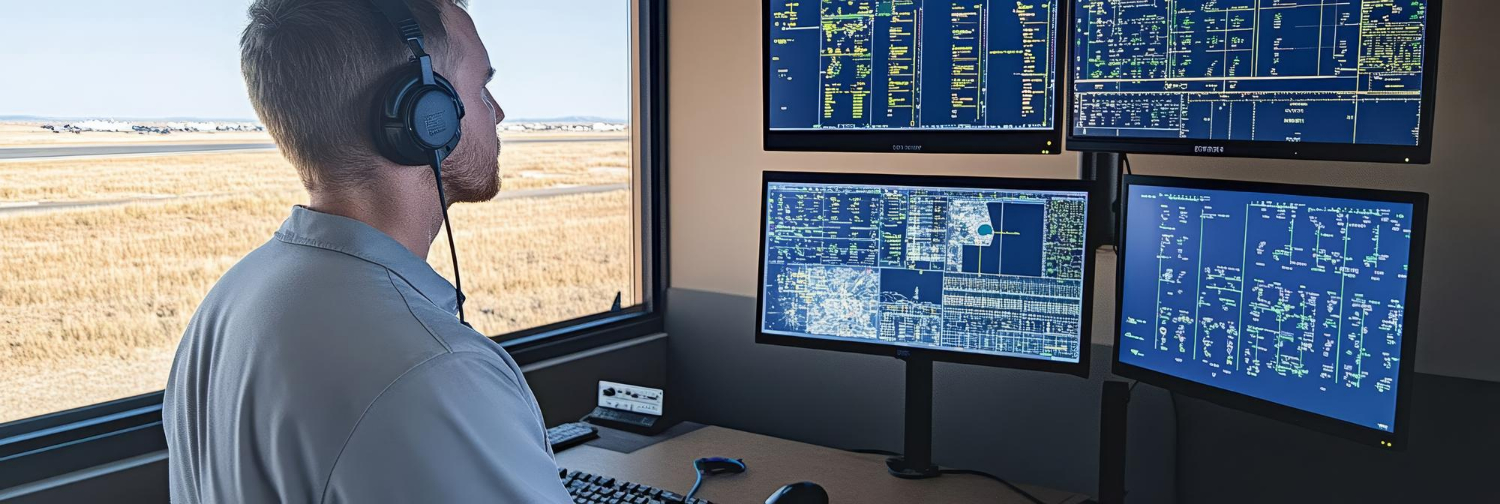
As per the guidelines of the DGCA, every pilot should undergo periodic medical fitness tests. These include vision, heart rate, mental status and other tests. However, sudden deterioration of health during flight cannot be completely prevented. In this case, airlines follow procedures based on SOPs.
After the incident, airlines conduct a detailed investigation to see if fatigue, medical negligence or any other human factor was the cause. The flight and cockpit recordings of the aircraft are analyzed and a report is prepared to provide guidelines for preventing such incidents in the future.
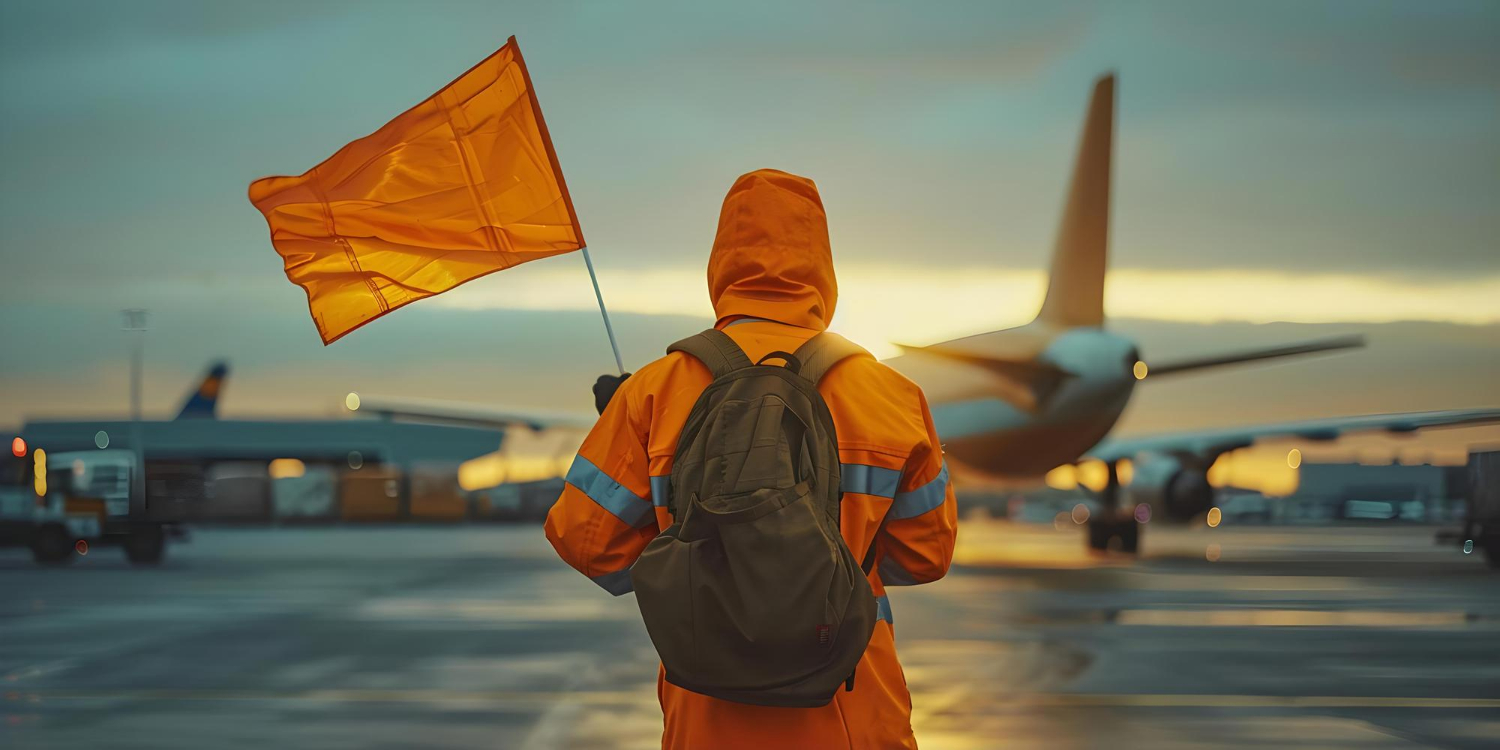
With the growth of civil aviation in India, the number of incidents has also increased. Over the years, there have been many incidents that forced emergency landings or flight aborts because of technical faults, human error and pilot fatigue. In some cases, pilots made a 'mayday' call, indicating that the flight situation was not normal.
Most of the airlines operating in India have a strict fatigue reporting system, which is not encouraged. Many pilots also alleged that there is a negative view if one talks about withdrawing from a flight due to fatigue. This mental pressure can lead to accidents.
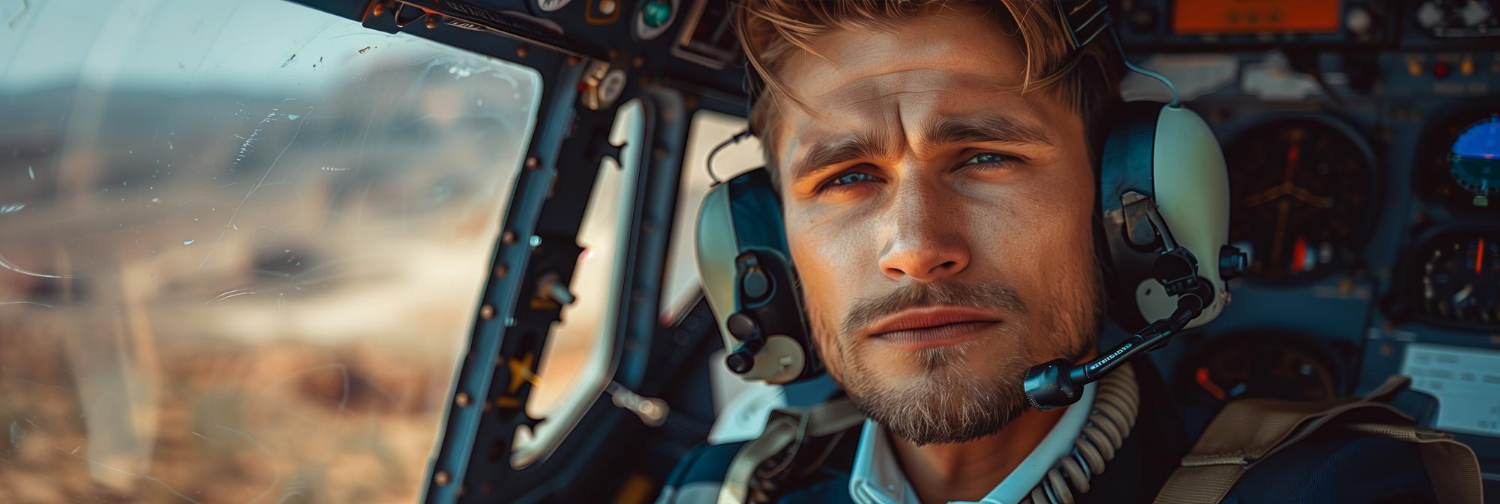
Fatigue is not only a temporary impairment; it can give a serious jolt to the decision-making ability, reaction time, cognitive processes, and behaviour of a pilot. When a pilot is sleep-deprived, they may make mistakes at critical moments. If this condition persists, the safety of the aircraft can be compromized.
The autopilot and co-pilot can be a safety net for a tired pilot, but if both are tired, the situation can become serious. This is why most aviation authorities are now implementing 'Fatigue Management Systems' to ensure not only the safety of the flight but also the well-being of the pilots.

It is very important for the airlines to ensure that pilots are not deprived of rest, get them properly trained and conduct regular health checkups. Also, there should be a transparent culture encouraging pilots to report health and fatigue issues freely.
It is the accountability of regulatory authorities to monitor the implementation of all rules and regulations. If an airline ignores the rules, strict action should be taken against it. They should also conduct periodic reviews of fatigue, self-medication, intoxication control and training.

The Indian aviation sector is trying to ensure that pilots not only have proper technical skills but are also mentally and physically fit. Fatigue management, health monitoring, open reporting systems and regular training can ensure that flight safety is not at risk. The safety, health and efficiency of pilots are the backbone of aviation. If these are prioritized, accidental incapacitation can be reduced and potential crises can also be dealt with effectively.
If you want to become a pilot, the first and foremost thing is to be physically and mentally fine and remain that way throughout. Another thing that one needs to do is to get well-trained in piloting. For this, Flapone Aviation is one of the best training institutes in the country.
Connect with our aviation mentors to find the right path toward becoming a licensed aircraft pilot.